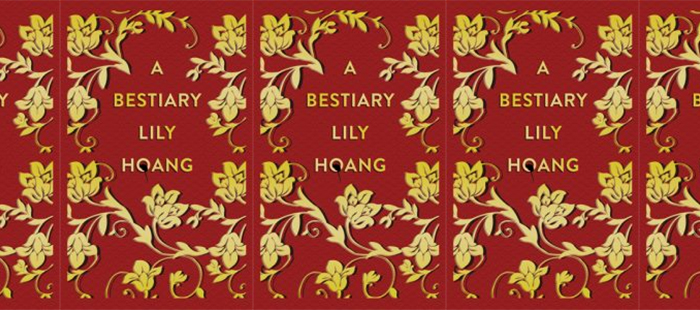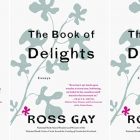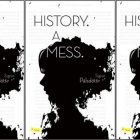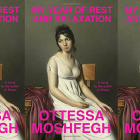Review: A BESTIARY by Lily Hoang

A Bestiary
Lily Hoang
Cleveland State University Poetry Center, April 2016
156 pp; $16
Buy: paperback
Reviewed by Annalia S. Linnan
Not all rat mazes have corridors. For the Morris water navigation task, it is as it reads: a rat must learn to fare in water. It is placed inside a pool and must swim to the other side. Once the rat learns its path, the scientist adds a solution to the water, causing it to become opaque. The hypothesis is that the rat will be confused. However, “despite changes to the environment, rats swim right to the platform.”
Lily Hoang is a first generation Vietnamese-American. A Bestiary, her debut collection of essays, is not about rat experiments, though they appear in some cases (as the above garnered from “On The Rat Race”). In meditations comparable to Maggie Nelson’s Bluets, Hoang both approaches and avoids her sister’s death (drug overdose), her failed marriage (white man she calls Chris), and a destructive on-again, off-again relationship (white man she calls Harold).
She has made attempts, like the rat, to find her way back home, but the paths didn’t lead the way they promised. “I had wanted to be a good wife, and for the most part, I was,” she writes, “but the fact that my marriage was a catastrophe doesn’t change.” As for Harold, he is a stubby lighthouse with broken lamps and both of them know it, but she remains. In “On Scale,” she does the math: “The weight of my love measured against the weight of my life without him measured against his betrayal and all the terrible things he’s told me over the years. In the end, no matter my options, I know I will choose Harold.”
Suffering, she tell us, is a virtue in Vietnamese culture. It is right and true and noble, a thing required of all women. Hoang points at jade bracelets, describes how when she was young “my mother would cuddle me closely when I was sick. She would say, ‘Shhh, shhh,’ and tell me that she wanted me to give her all of my sickness, so that she would be sick and I wouldn’t.” This inherited anguish—the pain and pleasure it inspires—seems to be a birthright, one that clashes with Hoang’s ideology as a feminist.
In “On Catastrophe,” she introduces us to Other Lily: “She would succeed in all the ways I have failed. She would not be a professor. She would not be divorced. She would be a good daughter.” Other Lily is a medical doctor, does not have “bad skin” or “a head full of white hair” or “do something as shameful as smoke cigarettes.” Other Lily “saves two lives and loses none”; Other Lily “is in love. And all her loyalty and love is reciprocated, an equal distribution of desire and faith.” Other Lily is perfect, the embodiment of our “better” self, the one we have always been told we should strive to become.
Actual Lily is feral and flighty, ferocious in her inner life. However, she also writes, and not without effort, “Face the facts: there is no Other Lily, and I’m pretty satisfied with my life.” Here, she stresses an essential point: she is not an either/or but a both/and. Winding, whimsical, and wild, A Bestiary tackles race, womanhood, and memory with a precision that pinches right at the veins.
Annalia S. Linnan is currently the web orders manager & inventory assistant at Brazos Bookstore. She earned her BA in Literature & music from Butler University. She lives & writes in Houston, TX



